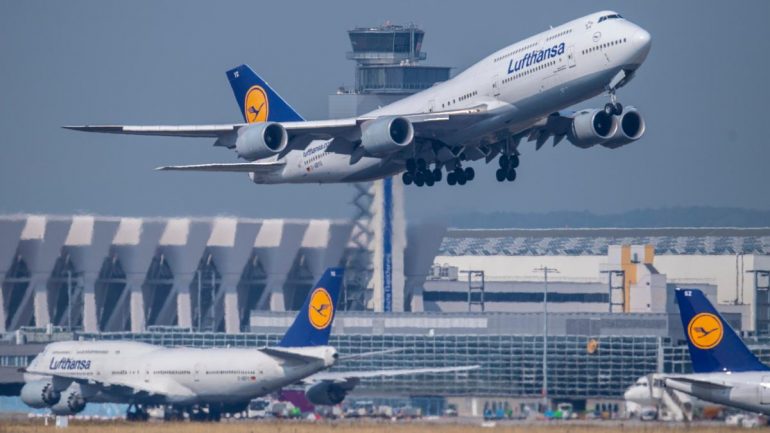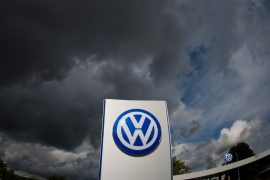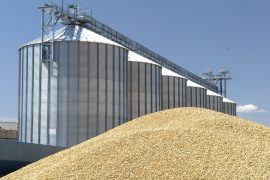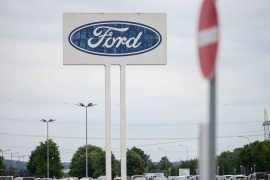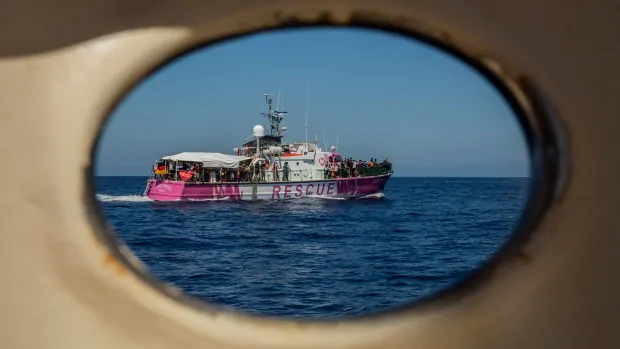Lufthansa warns of billions of dollars in damages from EU climate laws
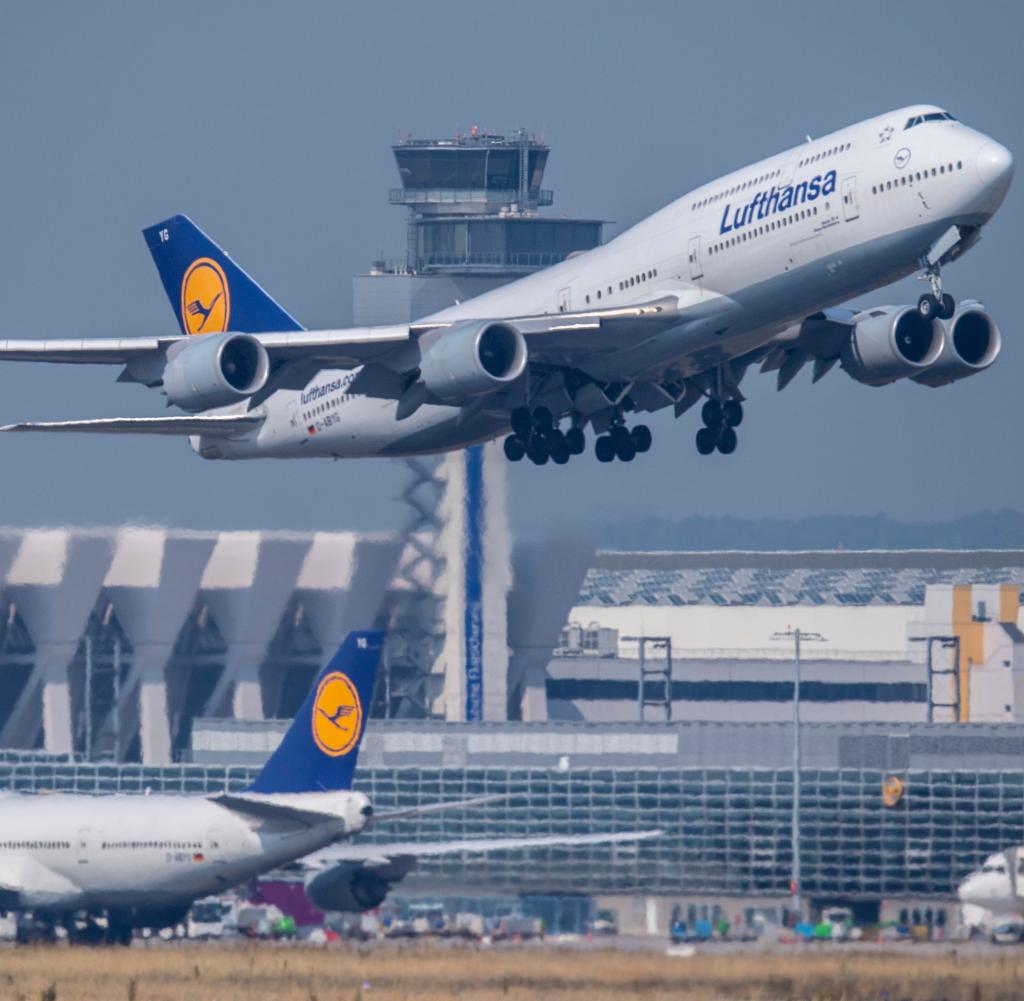

Lufthansa Group fears significant additional costs as a result of a planned European package of climate measures
Source: DPA / Boris Rosler
Stricter climate protection rules for airlines in the EU would cost Lufthansa a lot of money – and harm it compared to competitors, the group fears. International competition can easily bypass stringent rules.
dThe Lufthansa group fears the EU Commission’s climate protection package will cost billions. In line with his previous assessment, the plans could lead to significant competitive disadvantages for European network airlines, explained group policy chief K Lindemann on Friday in Berlin. In addition, if transfer flights are transferred to non-European centers, there is a risk of additional CO2 emissions.
The European Union Commission will present a package of measures on Wednesday (July 14) that will help reduce greenhouse gas emissions by at least 55 percent by 2030. That’s why it’s called “fit for 55”. With regard to air traffic, this could include expanded emissions trading, a higher kerosene tax for flights within Europe and a new, rapidly growing proportion of the blending of more expensive, sustainable aviation fuels.
Lindemann warned that the measures could result in an annual cost of one to two billion euros. Competition from the Arabian Gulf, Turkey or Russia, on the other hand, can easily circumvent rules that are limited to the European Union.
For example, Turkish Airlines does not have to pay anything for a feeder flight to Istanbul to convert to a long-haul destination, nor does Emirates, for example, have to pay anything for a flight to Dubai. lufthansa But for the feeder flight from Madrid to Frankfurt. It was already the biggest annoyance for airlines in the European Union’s Emissions Trading System (ETS), which they have been participating in since 2012. International airlines were dropped here. With ETS, companies are given a quota of CO2 pollution rights, only a portion of which they have to purchase. If they need less than what is available, they can make money by selling them with the rights. This should give an incentive to avoid CO2.
Lufthansa also calls for a financial mechanism for planned quotas for sustainable fuels in which all providers are equally involved. For this purpose, for example, the final destination of the tickets sold may be taken into account in the tax calculation. An example is the German air traffic tax, as it applies to the final destination of the flight and thus to both domestic and international airlines.
“The more ambition in terms of climate protection in air traffic costs, the more obvious it is,” Lindemann said. They are basically ready to go down this path, but don’t want to accept any competitive disadvantages. “Our expectation is that competition-neutral solutions should be found for high ambitions in climate protection,” Lindemann said.

Reader. Organizer. General creator. Zombie fanatic. Alcohol advocate. Food junkie. Bacon ninja.

